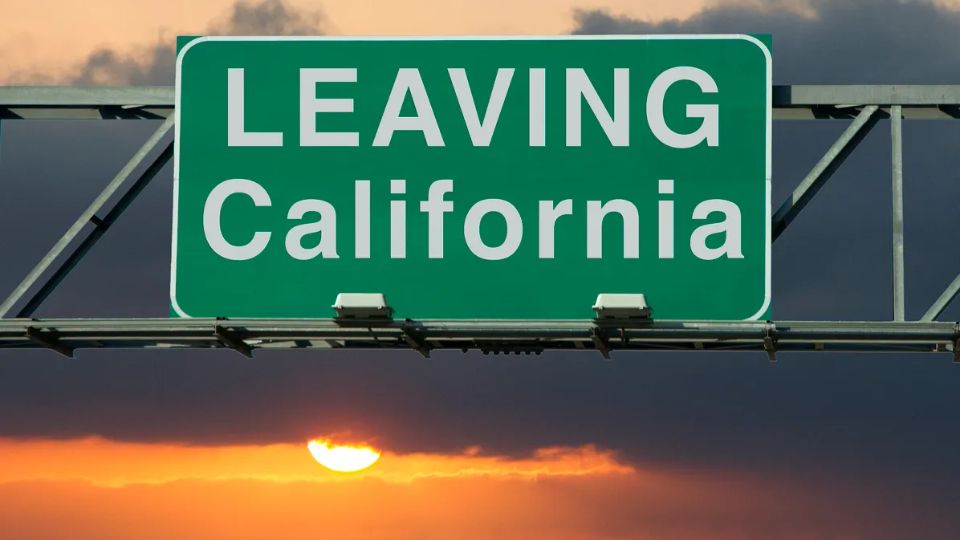Every year, Paul Chabot, a former Republican congressional candidate, organises a welcoming ceremony at a barn in North Texas. This event attracts hundreds of people.
At this place, barbecue vendors, military recruiters and line dance instructors help their new neighbours learn about their new home and the Southern lifestyle. After the celebrations, the county sheriff gives them a certificate in red, white, and blue, declaring them honorary citizens of Texas. When these families sign their names and recite their oaths, they must not only promise to be loyal to the Lone Star State, but also declare that it is the best place on Earth.
Chabot’s company, Conservative Move, is focused on helping people who identify as conservatives move from liberal states. Their plan involves relocating residents of Orange County to the Dallas-Fort Worth metroplex, a large area in North Texas with a population of over 8 million. Real estate agents in the area have said that two specific cities have attracted many individuals who describe themselves as “political refugees.” These individuals left liberal California during the peak of the pandemic.
Since they arrived, the prices of homes in the area have almost doubled. Agents say that even though some locals are against it, many people from California are moving to the region and creating a whole new way of life.
Californians Are Moving to ‘New Texas’ in Droves
Frisco and Plano are two affluent areas in Collin County that have become popular destinations for people from coastal California. In 2019, the average price of a single-family home in Frisco was $400,000. However, according to Redfin data, as of March 2024, the price has increased to about $700,000, which is a 75% increase. Many people who have recently searched for homes in the Frisco area on the platform come from cities like Los Angeles, San Francisco, Seattle, and New York.
According to Lloyd Potter, a state demographer and professor at the University of Texas at San Antonio, Collin County used to be a farming community. However, it is now attracting residents because it has become a major corporate hub, often referred to as “New Texas”. This trend can also be observed in other areas of the state: In 2020, Oracle moved its headquarters from Redwood City to Austin. A year later, Elon Musk, a billionaire, also moved Tesla’s headquarters to Austin. This move gained attention because Elon Musk was seen wearing a cowboy hat in reverse.
Brittany Stewart, a real estate agent who has been working in the North Dallas region for 10 years, did not expect that the pandemic would cause a large number of people from Southern California to move to the area. “I was very surprised,” she said during a phone call with SFGATE.
Also Read: New Jersey Supreme Court Rules Against Non-disparagement Agreements
According to her, many of the new residents in Frisco moved from Los Angeles and Orange counties. However, there has also been interest from people all along the West Coast.
The U.S. Census Bureau estimated that over 100,000 people from California moved to Texas in 2022. During the same period, the populations of Orange County and Los Angeles County decreased, but the population of Frisco increased by 9.5% from 2020 to 2022.
Armando Nava Jr. left the United States Marine Corps and started working in Texas real estate in 2019, which was a good time for him to make the transition.
“Throughout the entire pandemic, we saw a large number of people moving down here,” Nava said over the phone to SFGATE. He described it as a positive thing for the industry. The company that he and his wife run, Nava Realty Group, has over 1 million followers on Instagram and helps many people who are looking to buy homes in different states. He said that he gets phone calls from people in California, New York, and Seattle almost every day. Some of them have jobs in IT and the medical field, while others work as influencers or social media professionals.


Leave a Reply